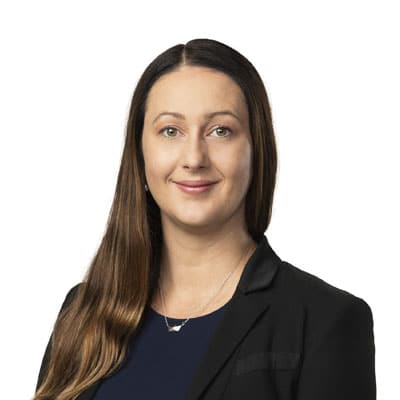Local Court
The Local Court is the lowest court in New South Wales, and the busiest. This is because the majority of criminal matters begin in the Local Court and the majority are finalised in the court.
Will your matter be finalised in the Local Court?
Summary, indictable and strictly indictable are terms that are used to classify different types of criminal offences. All charges will start in the Local Court, but, depending on whether the offence is indictable or strictly indictable, they may end up in the District Court, and sometimes even the Supreme Court.
Summary offences are ones that must be dealt with in a Local Court. The only reason these would be tried in the District Court is if you are also charged with either and indictable or strictly indictable offence.
Summary offences generally are less serious offences and usually have a maximum penalty of less than two years imprisonment – but this is not always the case – for example, common assault is an indictable offence even though its maximum penalty is only 2 years imprisonment.
Some examples of summary offences include:
- Custody of a knife in a public place;
- Negligent driving;
- Mid-range drink driving; and
- Possession of prohibited drugs.
There are some kinds of offence that must be dealt with in the District Court. These are called strictly indictable offences. If you are charged with a strictly indictable offence, your matter will start in the Local Court but will eventually be committed to the District Court for either trial or sentence.
Indictable Offences can be dealt with in the Local Court or the District Court. This is an optional choice.
It is usually very rare for an accused person to choose to have their matter prosecuted in the District Court, as the maximum penalties people face in the District Court for most offences are higher than if they were dealt with in the Local Court (because the Local Court has a jurisdictional limit of only two years).
All types of indictable offences are listed in Table 1 and Table 2 of the Criminal Procedure Act 1987.
If the offence is a ‘Table 1’ offence, the prosecution or the accused person can elect to prosecute the matter in a higher court.
If the offence is a ‘Table 2’ offence, the prosecution can elect to prosecute the matter in a higher court.
Some examples of indictable offences include:
- common assault;
- larceny;
- assault occasioning actual bodily harm;
- destroy/damage property;
- indecent assault.
Penalties the Local Court can impose
The penalties the Local Court can impose in criminal matters include:
- Conditional Release Orders without Conviction (Section 10)
- Fines;
- Conditional Release Orders with Conviction;
- Community Correction Orders;
- Intensive Corrective Order;
- Imprisonment.
The Local Court’s jurisdictional limit is a maximum sentence of two years imprisonment per offence, and five years imprisonment across multiple charges.
Appealing Local Court Decisions
There are three main review mechanisms from the Local Court.
S4 Annulment applications
These applications can be made if you were absent from court when you were convicted/sentenced of the offence. The time limit to make this application is 2 years.
Severity Appeals
These appeals are to the District Court, on the ground that you think the sentence that you received was too severe. There is a 28 day time limit to file the appeal, and if you file the appeal within 28 days you 3 months, you need leave from the court. After three months you cannot file a severity appeal.
All Grounds Appeals
These are appeals to the District Court on the basis that you should have been found not guilty of the offence. There is a 28 day time limit to file the appeal, and if you file the appeal within 28days you 3 months, you need leave. After three months you cannot file an all grounds appeal.
If you would like legal advice in relation to the Local Court or any other legal matter contact Armstrong Legal on 1300 038 223 or send us an email.

This article was written by Angela Cooney
Angela Cooney is the National Practice Director of Criminal Law at Armstrong Legal and is an Accredited Criminal Law Specialist. Angela is a confident and formidable advocate for her clients. She commonly appears in very complex and serious matters but is able to assist clients with all kinds of criminal and traffic offences. Angela is an experienced court advocate having...

